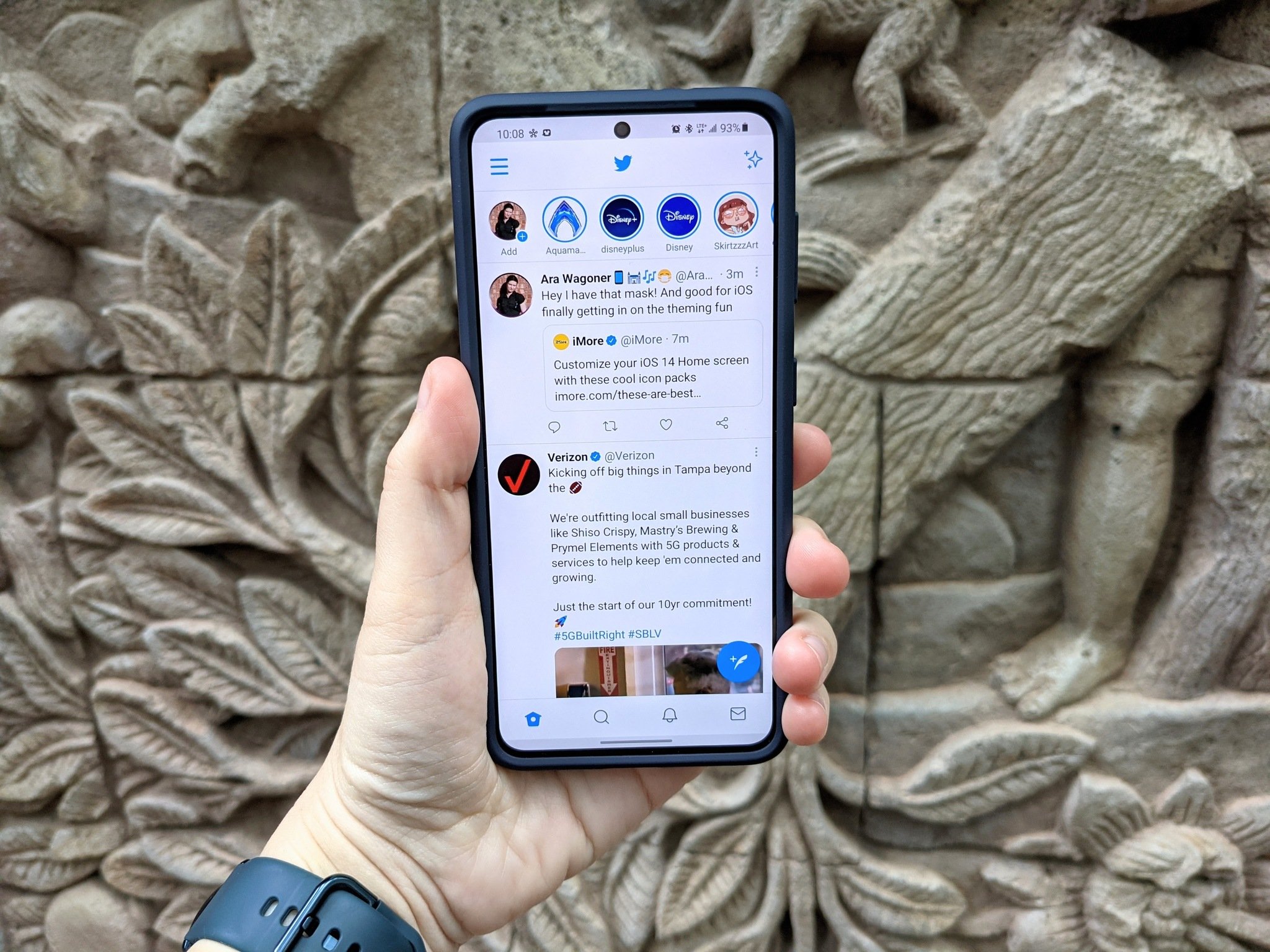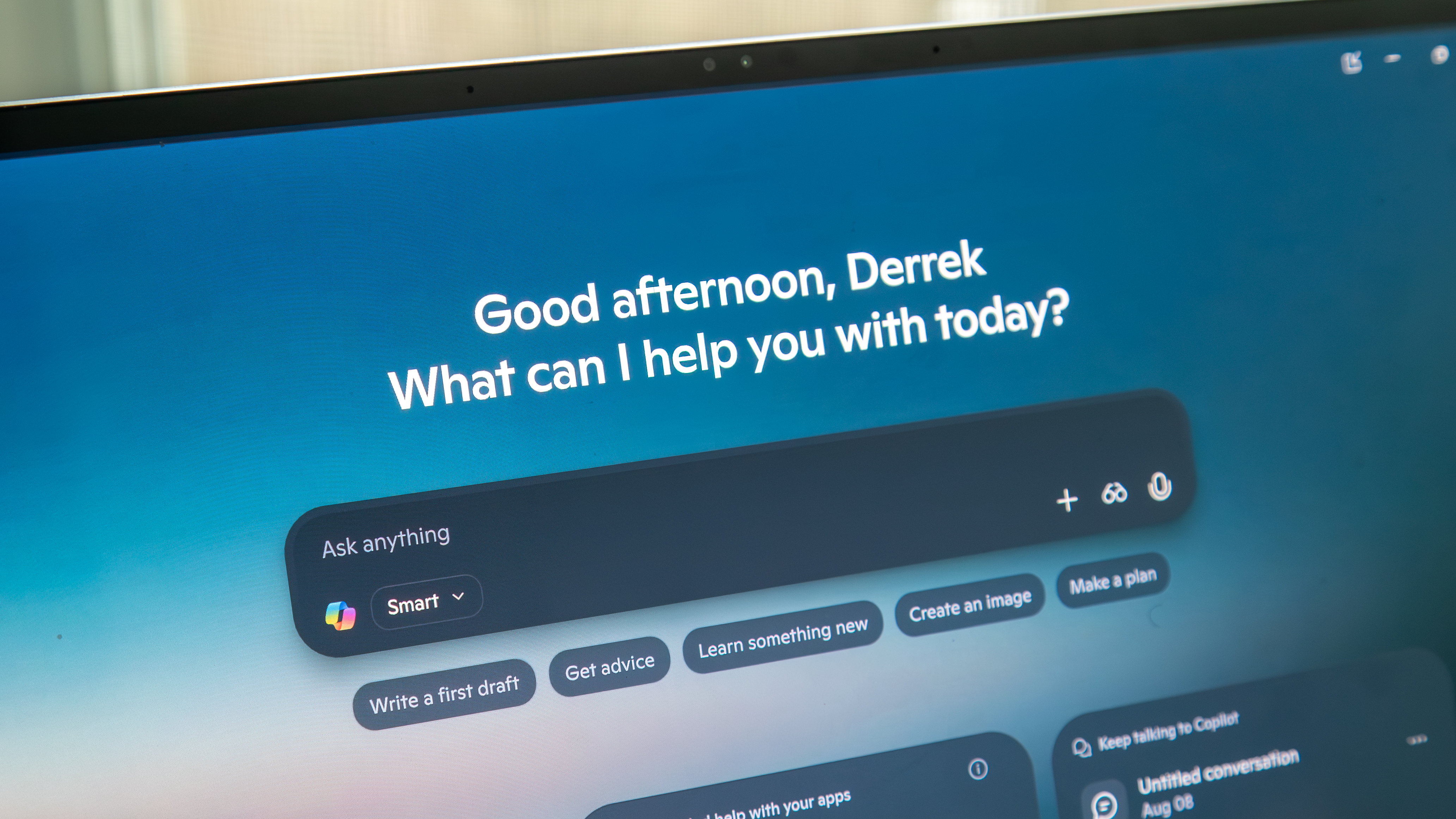Twitter acquires Scroll as it builds towards future subscription service

Get the latest news from Android Central, your trusted companion in the world of Android
You are now subscribed
Your newsletter sign-up was successful
What you need to know
- Twitter today purchased Scroll, a paid ad removal service aimed at readers who want to support sites without ads.
- The company is immediately pausing all new sign-ups to Scroll.
- In the future, Twitter plans to launch its own subscription service, and Scroll will form a part of that.
Twitter today announced its latest purchase, Scroll, a platform aimed at helping users remove ads from websites. For select websites, users would pay a monthly subscription to Scroll and have their ads removed while still supporting the creators. Scroll would pocket a little of what was paid and pass the rest on to the websites. Other than that, it would also provide "a blazing fast experience that loads with no ads, no dodgy trackers and no chumboxes of clickbait," and it's that reading experience that leads Twitter to snap it up.
The company says that Scroll's reading experience is something they'd want for an upcoming subscription platform. Twitter's earlier purchase of Revue ties into this, and the company is targeting this product at its "hyper-engaged" audience of Extremely Online People.
Twitter's Mike Park explained on Tuesday:
To do this, we plan to include Scroll as part of an upcoming subscription offering we're currently exploring. As a Twitter subscriber, picture getting access to premium features where you can easily read articles from your favorite news outlet or a writer's newsletter from Revue, with a portion of your subscription going to the publishers and writers creating the content.
You won't be able to sign up for Scroll anymore if you haven't already, but Twitter says this would be a temporary change. Going forward, Scroll will now be a part of Twitter's upcoming subscription plans. Concrete details about that have been yet to surface, but this is is one of the few times the company's tipped its hand.
Twitter isn't the place you think of when you want to go for informed, long-form stories. It's not the place you go for long-form anything, and yet that is what the company's trying to change. The platform already houses a host of writers and creators who would be willing to write their thoughts on there for free anyway, so a paid service would attract a wider pool of content. Scroll even argues that "[T]witter exists to serve the public conversation. Journalism is the mitochondria of that conversation." With competitors like Substack already offering much of what Twitter wants to, the company's reach and ease of access may be what gives the edge to any eventual subscription service.
Get the latest news from Android Central, your trusted companion in the world of Android

